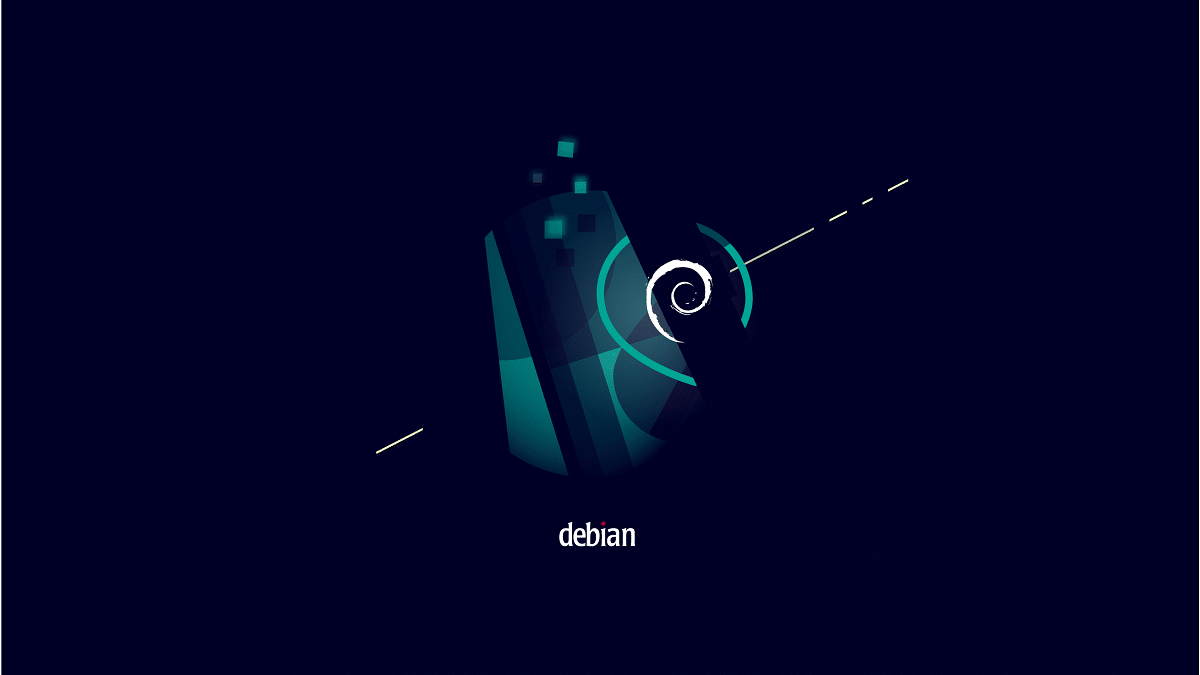
A few days ago the launch of the new version of Debian 11.0 Bullseye, a version that integrates a large number of changes among which stands out that it arrives with linux 5.10, as well as some major changes to the installer, also a new driver exFAT, among other things. If you want to know more about this new version of the distribution, I invite you to check out the following post.
And it is that speaking of the release of Debian 11, almost at the same time and in a parallel way it was released the release of the distribution Debian GNU / Hurd 2021, that unlike the post I mentioned a few moments ago, this "version" of Debian differs from it, as it combines the Debian software environment with the GNU / Hurd kernel.
For those who are unfamiliar with GNU Hurd, you should know that this is a kernel developed as a replacement for the Unix kernel and is designed as a set of servers that run on top of the GNU Mach microkernel and they implement various system services such as file systems, network stack, and file access control system.
The GNU Mach microkernel provides an IPC mechanism that is used to communicate between the GNU Hurd components and build a distributed multi-server architecture.
Thus, Debian GNU / Hurd contains a repository of about 70% of the total Debian archive size, including Firefox and Xfce ports. In addition to the fact that as such Debian is one of the few distributions that has developments with different kernels, one of them the one that almost all of us know is Linux, the other is the one we are talking about in this publication and another that at the moment I do not know if it still has support or have an active development that is with the BSD kernel, so basically only the Debian platform is developed with Linux and Hurd.
As such, Debian GNU / Hurd remains the only actively developed Debian platform based on a non-Linux kernel (a version of Debian GNU / KFreeBSD was previously developed, but has long been abandoned).
About Debian GNU / Hurd 2021
Platform GNU / Hurd is not one of the officially supported architectures for Debian 11, so Debian GNU / Hurd 2021 is released separately and has the status of an unofficial Debian release, since as we mentioned one of the current limitations of Debian GNU / Hurd 2021 is that it is only available for i386 and currently compiles around 70% of the package file.
Among the changes mentioned in this new version of Debian GNU / Hurd 2021 is that has implemented a Go language port.
It is also noted that the support for byte range file locking (fcntl, POSIX register locking), as well as experimental support for 64-bit and multiprocessor (SMP) systems and also support for APICs.
Furthermore it is mentioned that se modified the code to transfer interrupt handling to user space (Userland IRQ delivery).
And an expert user space disk driver was added based on the rump mechanism (Runnable Userspace Metaprogram) from the NetBSD project. Previously, the disk controller was implemented through a layer that allows Linux drivers to run through a special emulation layer in the Mach kernel.
Download
Finally for those who are interested in being able to try Debian GNU / Hurd 2021You should be aware that the prebuilt builds are provided with a specially crafted graphical installer and the packages are currently only available for the i386 architecture.
NETINST installation images, CDs and DVDs, as well as an image for launch in virtualization systems, are ready for download which you can do from the following link.
It is also worth mentioning that it is recommended to test the system on a virtual machine and that if you are interested in it, you can follow the guide provided on the Debian page from the link below.
If you want to know more about it, you can check the details In the following link.
Firefox port? Is that the translation of "Port"? (?!)